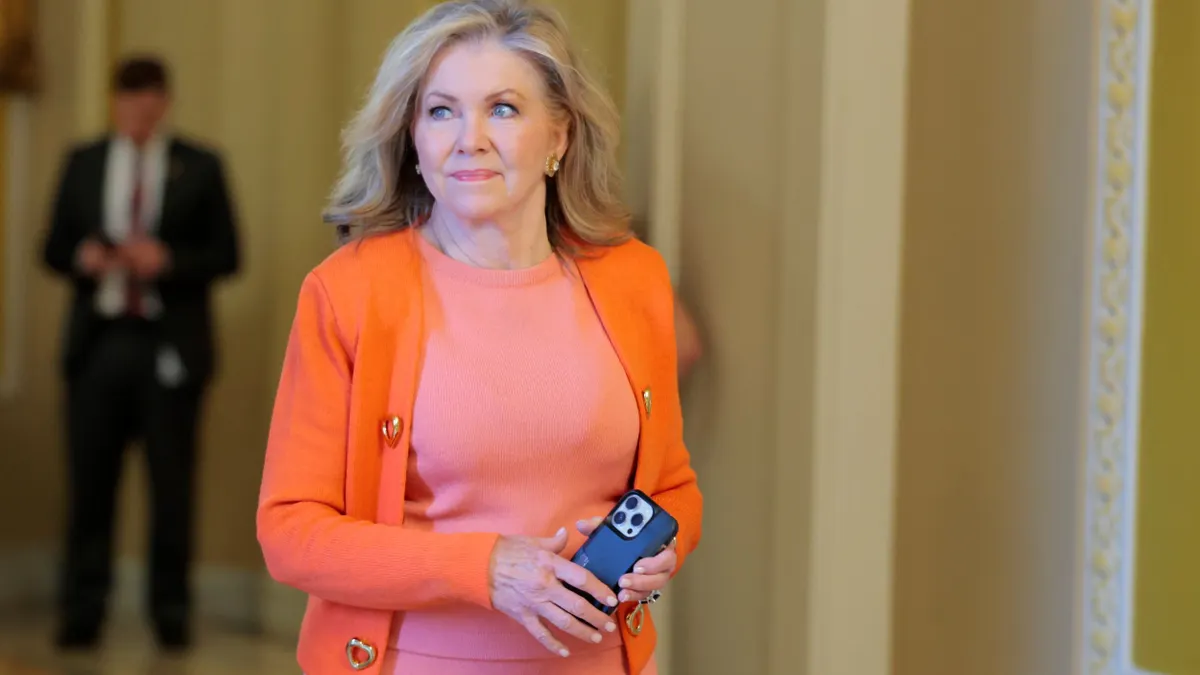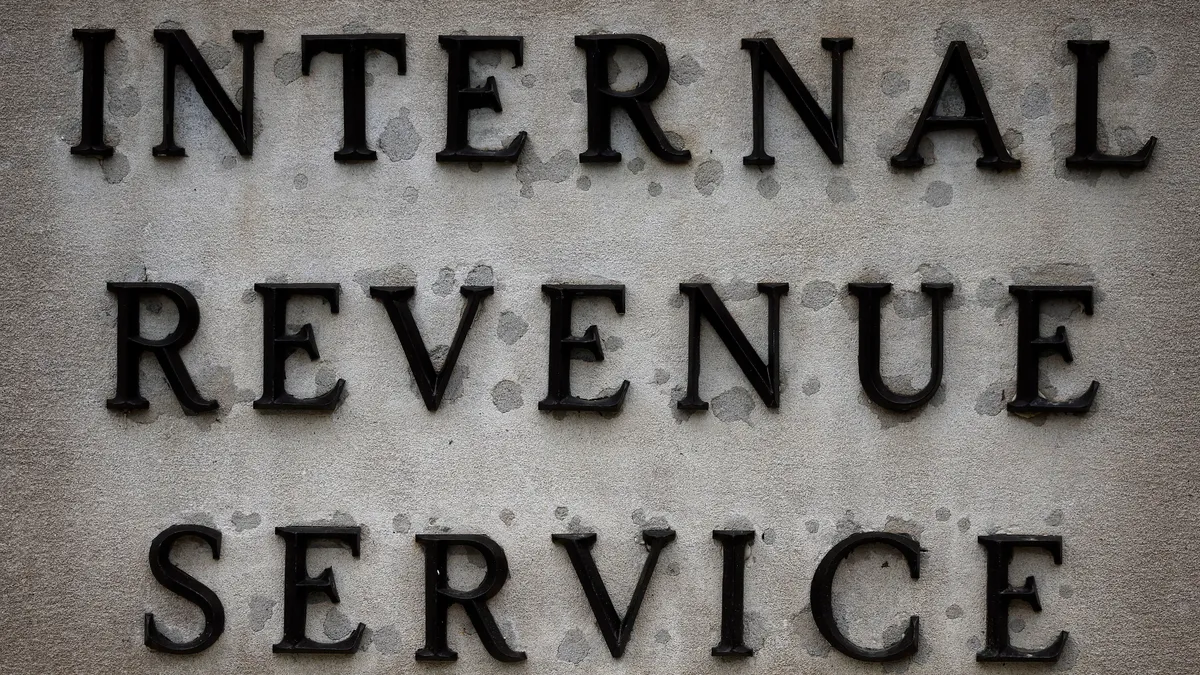Scenario planning has always been a key tenant of the CFO position, with today’s financial leaders faced with the challenge of both navigating current economic headwinds while also positioning their firms to respond flexibly to future trends.
CFOs always need to make sure their organizations have the “wherewithal to be able to react to whatever might come,” said Russ Porter, CFO and SVP, strategy, technology and analytics for the institute of Management Accountants (IMA).
For some, that means focusing more intently on liquidity, and for others, specifically financial leaders managing tight margin businesses, that means being able to ramp operations up or down in response to economic conditions, Porter, a 28-year veteran of technology firm IBM, said in a recent interview.
“It's a constant balancing act, especially if you've got a business model that is very sensitive to economic conditions — you've got to be ready to pivot on a dime,” he said.
Successful scenario planning means CFOs must look both forward and backward in order to ensure their businesses can respond quickly when needed.
“I joke about CFOs being time travelers,” Porter said. “Because we spend some time looking at the past, making sure that our reporting process is right, making sure that we understand what has happened in our business.”
Balancing inflation, strategic futures
The focus for the next six months will likely remain on inflation, Porter said — many CFOs have only seen low-inflation environments, however, and they must be ready to prepare for a potential recession if it comes and for how their business models can adapt to such an environment.
Though certain economic factors indicate the rate of inflation may be slowing — the Consumer Price Index rose 7.7% in October compared to September’s 8.2% increase, according to the Labor Department — the “specter of inflation is not going away,” Porter said.
Porter pointed to continued tightness in the supplies market as well as continued instability in global markets such as Europe as factors that could potentially lead to greater inflation or economic upheaval.
All of these factors mean CFOs need to remain vigilant regarding inflation, Porter said. CFOs must be able to continue to plan for the event that inflation will continue to tick up at a “stronger pace than most of us are used to, but also be ready if suddenly, environmental conditions change and inflation backs off substantially back into the low single digits,” he said.”
Yet it is also important for CFOs to avoid inflation tunnel vision —“time-traveling” CFOs also have the advantage of being able to think about “what's going on six months, a year, two years and five or 10 years into the future,” Porter said.
“The farther out you go, you're going to have lots of scenarios because lots of variables can affect your business,” he said, “But as those horizons get closer, it really comes down to…the number of things that are going to affect me two years from now is much larger than what's going to affect my next six months.”
CFOs should therefore “be spending the vast majority of their time thinking about the future,” he said, noting today’s financial leaders are spending more time thinking about their companies’ strategic futures. Putting a five-year horizon in place allows financial leaders to set up the company for success, as smaller changes made now with that plan in mind can have “a big, big impact on our business five years from now,” he said.
Driving large-scale strategy
Successfully maintaining the scenario planning balancing act has always made the CFO role a difficult job, but financial leaders’ position in the company structure also means CFOs have a “unique ability to see across the company, and to see how changes or initiatives in one area of the business…will affect other parts of the company in terms of efficiency and effectiveness of the overall organization,” Porter said.
“We are one of the few people in the company whose scope and remit crosses the whole company,” Porter said.
He pointed to areas such as labor and compensation where a CFOs’ holistic viewpoint can help the company navigate challenges.
Talent shortages and retention remain a top concern for financial leaders as the labor market has stayed red-hot. This means companies need to ensure they are both keeping costs down as they prepare for an economic downturn while also being able to keep their current workforce satisfied — an area where CFOs’ wide-ranging view on company operations can be key.
CFOs and companies may be able to offer benefits such as remote work flexibility or childcare arrangements to their workforce, for example, which may “convey the equivalent of an increased salary in the minds of their staff, but don’t come with the same dollar value cost.” Porter said.
“There's a lot that can be done and it's important that CFOs really partner with their HR colleagues and partner across the business to understand what their people really want,” Porter said.




















